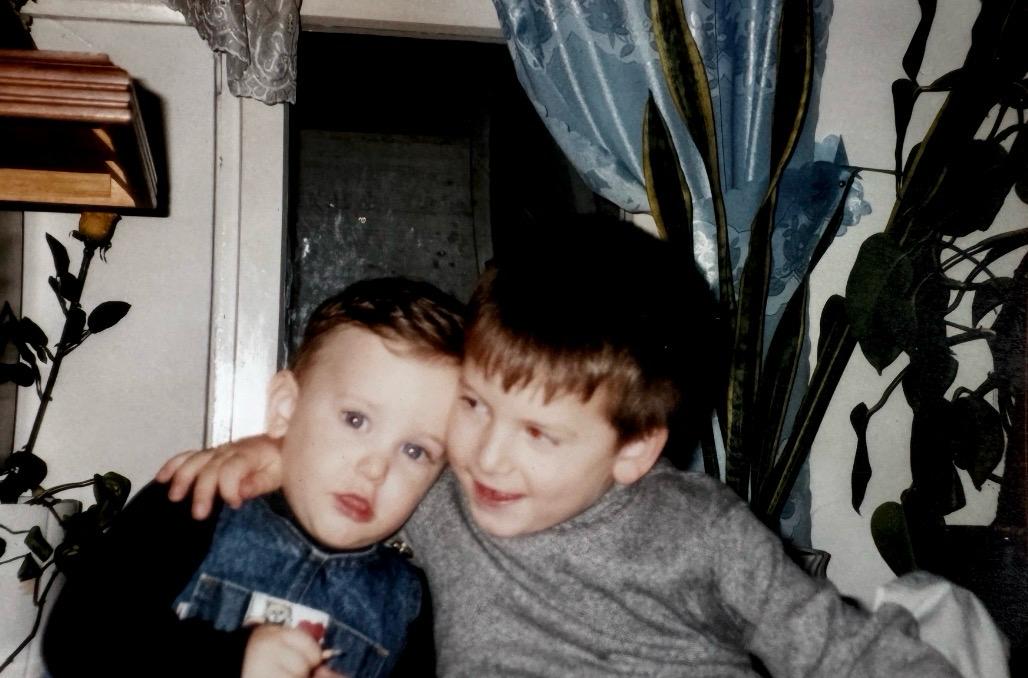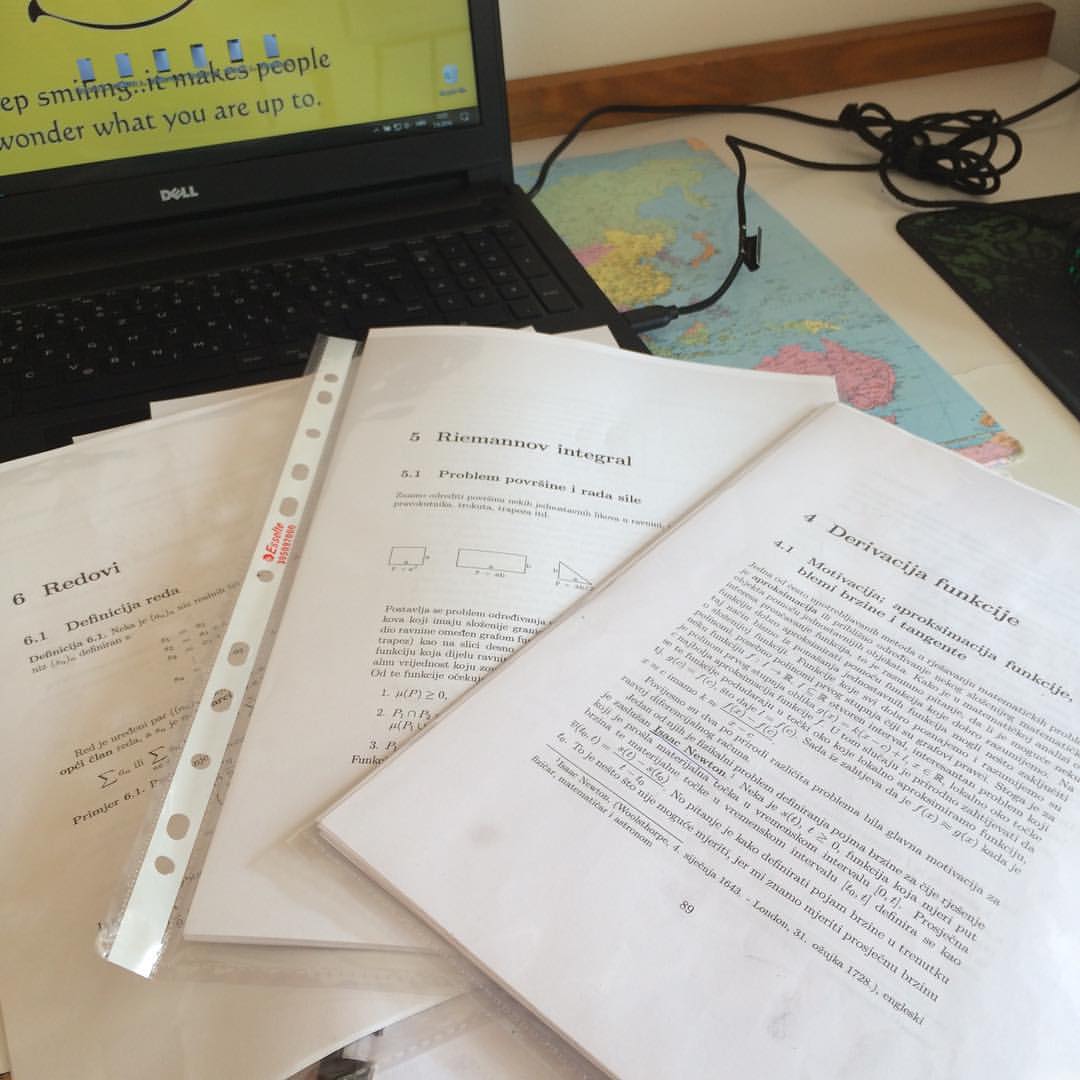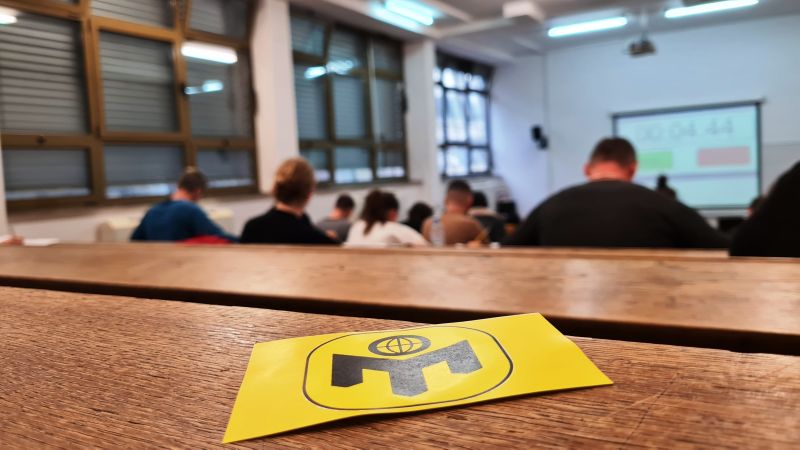Character
About me
Path i have taken
Born in Punat, Island of Krk
I was born in a small town called Punat on the island of Krk, Croatia. Growing up surrounded by nature and a tight-knit community shaped my creativity and curiosity early on.

1999 – My brother (and first game tester) is born
When my brother Filip was born, I suddenly had a permanent playtester. Being the older one, I didn’t like to lose, so if a game didn’t seem fair, I would simply change the rules or invent a completely new one where I could win. My love for creating and balancing games started right there.

The 1000 Pebbles
One summer day on the beach, I was being a bit too much asking questions, talking nonstop, full of energy. So my father gave me a task to keep me busy: count exactly 1,000 pebbles into a bucket. When I proudly finished, he “accidentally” kicked it over, so I started counting again. That moment pretty much sums up my lifelong relationship with numbers, precision, and challenge.
First homemade games
At seven years old, I was already designing my own games. One used leaves from different trees as currency, each type worth a different amount. Another involved chocolate bar wrappers as collectible items. Without realizing it, I was already experimenting with game economies.
Math competitions
Numbers were always my comfort zone and my love for math grew fast. I competed in school, regional, and state-level math championships all through elementary and high school. It taught me to think logically, structure systems, and find balance skills that would later define my career.
Studying Mathematics in Zagreb
Studying Mathematics at the University of Zagreb felt inevitable, because if you spend your childhood counting pebbles, you might as well make it official. After lectures, I tutored kids and created math puzzles and games to help them learn through play.

Accepted into MENSA
In 2017, I got accepted into MENSA. Proof that all those math competitions and pebble-counting sessions might have actually paid off. It gave me confidence that logic and creativity could live in the same brain.

First Game Design Job
I got my first student job as a game designer, which quickly evolved into becoming Lead Game Designer on OctoWars, an NFT-based trading card game. That’s when I realized this wasn’t just a hobby, it could be a career.
First Freelance Client
After roughly 100 rejections, I finally landed my first freelance client, *FabuLingua*, a language-learning app for kids. I still work with them today, and honestly, that project changed everything. It proved this whole “designing fun for a living” thing could actually work.

Persistence Pays Off
Then came another 600 rejections (because apparently, I like a challenge). But it was worth it! My second big project opened the doors. From there, things finally started to roll: referrals, partnerships, and momentum.
First Published Game
I designed, produced, and launched my first physical card game, Sneaky Snakes, now sold in hundreds of stores across Croatia. Watching people play something I made from scratch was surreal… and a little addictive.

Building Ananas
Today, I lead a small team of four people under the name Ananas. I’ve worked on 35+ projects across games, apps, and gamification systems. From childhood beach games with pebbles to balancing economies for millions of players - That’s balance!